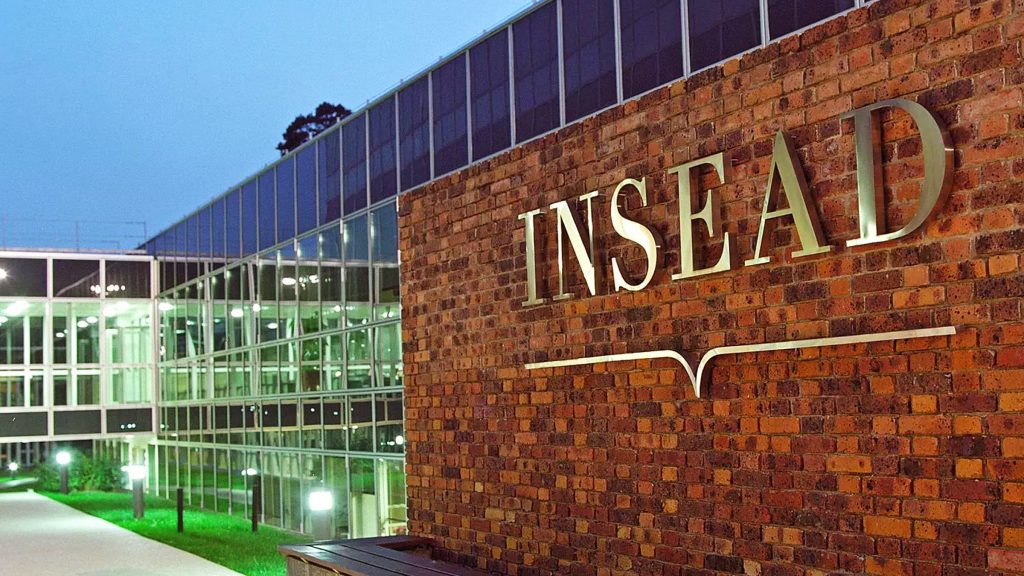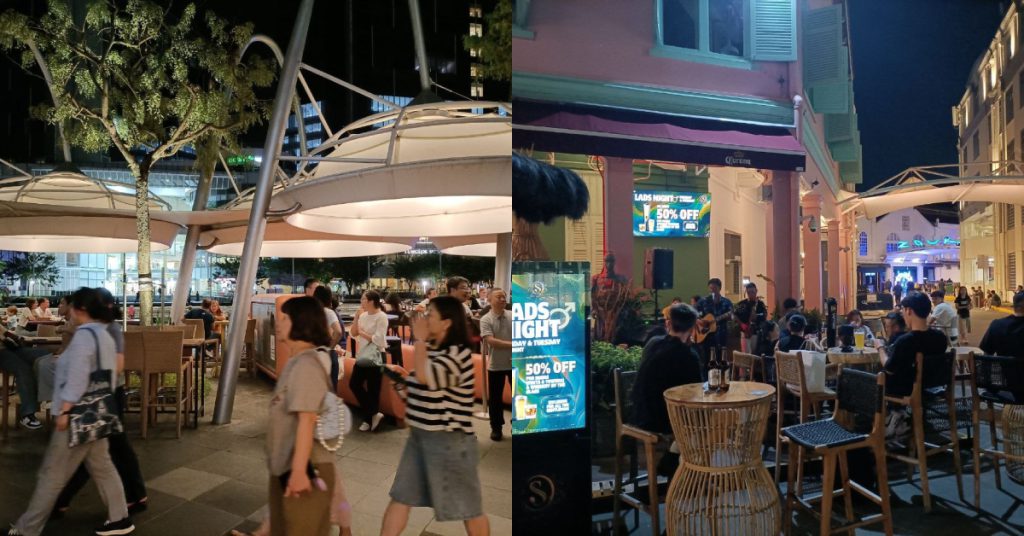
In the annual Global Talent Competitiveness Index, published by one of the leading business schools in the world, French INSEAD, in collaboration with Portulans Instituten and Human Capital Leadership Institute, Singapore not only came second overall (right behind Switzerland), but also topped a number of sub-indices.
The robust survey evaluates 133 countries across 69 different variables, grouped into six verticals related to enabling, attracting, growing and retaining talent, as well as development of vocational/technical skills and the global knowledge skills (covering innovation, management and research output).
The city-state ranked among the Top 5 in five of them, save for talent retention where it scored a poor 36th, chiefly due to the specific nature of pension coverage under CPF, which excludes much of the foreign workforce from participation.

Other than that, it topped global knowledge, coming in second in attracting and growing talent, third in technical skills, and fifth in enabling its workforce.
Leader in education
Singapore took the top spot in the Formal Education index, summarising expenditures, enrolment and results of the local education system. In terms of basic reading, maths and science skills, Singaporean children came in second, behind China which took the top spot.
Public expenditures on higher education placed it fifth globally, with tertiary enrolment the city ranking 10th (and its universities, according to QS rankings, are just outside of the Top 10 at 11th).
But education does not end in school as Singapore came in second in Lifelong Learning, outside of the formalised system, in terms of prevalence of business education, employee development and both formal and informal studies taken up during professional careers.
Leader in governance
The above isn’t surprising, considering the high quality of domestic governance, which the Lion City regularly gets accolades for.
In this category, it scored top marks for Regulatory Landscape (no. 1 in the world) which comprises sub-indices of Government Effectiveness (no. 1), Regulatory Quality (no. 1), Political Stability (no. 2) as well as Corruption and Rule of Law (both no. 4).

Rock stable, predictable, modern and effective governance is a pre-requisite to national development.
With politics in turmoil — like it is the case nearly everywhere else in the world — it’s hard to expect not only competences, but necessary stability to reassure foreign investors that their money is safe and won’t be subject to abuse, either official (by way of changing, often populist legislation and bureaucracy) or unofficial (through corruption).
Leader in productivity
Given Singapore’s excellence in these two areas — education and governance — it is therefore not surprising to see results in productivity of the local labour force, which also topped INSEAD’s ranking.
With annual productivity per employee in Singaporean economy reaching a whopping US$184,000, the city-state is a considerable distance ahead of two other small nations known for ease of doing business: Luxembourg and Ireland, as well as the US, which came outside of the podium

Contrary to what seems to be a stereotype of a local grumbler, Singaporean employees actually have rather favourable opinions of their working relations with their employers — third best in the world in fact, just behind Switzerland and Denmark.

A major contributing factor could be the fairness of their employment (despite the fact that Singaporeans ranked elsewhere also as some of the most overworked people in the world).
This is because local pay does follow their high productivity, so the best people generally get a bigger share of the pie — as reported by them themselves, putting Singapore in sixth place globally.

Island of opportunity
No ranking is perfect, of course, but given the blend of sources it relies on — from financial and economic data to opinion surveys — it seems to provide quite a complete picture.
When it shows dry figures, it follows up with questions to local respondents, to see whether the public perception matches what numbers appear to show. And in the case of Singapore, it does.
World-class education and governance do develop some of the world’s best talent, and attract a lot of it from abroad (another no. 1 spot for the city-state).
Crucially, Singaporeans also agree about how this environment contributes to their own social mobility (no. 6 globally), development of skills relevant to the local economy (no. 2) and retention of the best people (no. 4; please note that this is different from the collective Retain category, which includes other sub-indices).
In other words, Singapore is an island of opportunity — well-managed and fair to its residents, be it local or foreign.
Featured Image Credit: INSEAD










